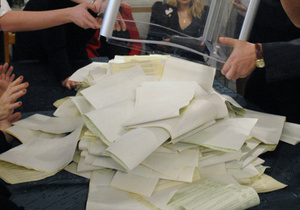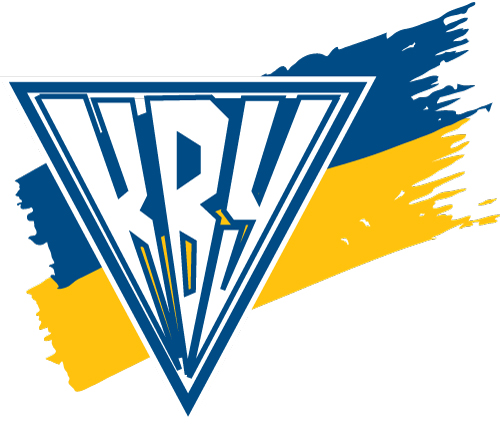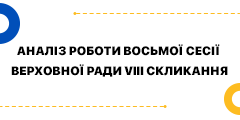
On December 15th 2013 repeated parliamentary elections will be held in those five single-mandate constituencies of Ukraine where, according to CEC decision, it was impossible to establish election results at regular 2012 year.
Committee of voters of Ukraine is holding long term observation of the election process in all 5 election districts.
Based on the observation results CVU states as following:
- Despite political crisis in Ukraine, preparations for by-elections in five problematic constituencies are made according to a schedule and in line with the current legislation of Ukraine. CVU stresses, that as for now there are no legal, political and organisational reasons to cancel or postpone elections scheduled for December 15th, 2013.
- The most problematic issues of the election campaign, that may influence or might have already influenced election results, were as following: vote buying (election districts №194 and №223), use of administrative resource in support of candidates ( election districts №94 and №132) and application of preferential justice in court (election district №94).
- The Central election commission follows all necessary organisational procedures in time prescribed by the law, provides consultative and methodical support to commissions of lower level.
- CVU welcomes the decision of 47 candidates in election district №94 to withdraw their candidatures from elections. Such decision will considerably simplify organisation of the election process in this district. At the same time, 70 registered candidates in election district №223 creates additional problems in organisation of voting and vote tabulation, leaves opportunity to technical disrupt of elections in this district.
- CVU gives negative assessment to the decision of the Higher Administrative Court of Ukraine regarding canceling registration of Victor Romanyuk candidate in election district №94. In this case, the Court has incorrectly interpreted the law requirement on candidates' local residence.
- On the eve of elections and after numerous rotation of members District election commissions started to properly fulfil their duties. Certain shortcomings in DEC activities are eliminated in due course. However, CVU has repeatedly noted unbalanced representation of political parties and candidates in DECs. Work of DECs is complicated by lack of proper premises (DEC №132 and 223) and also residence of some commission members on large distance from DEC premises (DEC №132).
- procedure of precinct election commissions formation was formally followed. Though, lotting in election districts №94 and 223 was done with multiple breaks in the commissions' work, and observers were not informed on resume of the commissions' work. In election district №197 the process of PEC formation was actually finished one day later then established by the law.
- It should be noted that subjects of election process had irresponsible attitude towards completion of their representatives' applications to PECs in all election districts. Large number of applications included false information, the same persons were proposed by different candidates, citizens' statements on consent to work in PEC were falsified.
- Most precinct election commissions started their work on time, though constant rotations of members (in some commissions rotation reached 70% of composition) did not contribute to normal work of the commissions. Many commissions have problems with premises, material and technical provision of their work.
- The most critical situation in PEC work was registered in election district №197. Considerable number of precinct commissions in this district failed to stark their work on time because of lack of quorum. In this situation there is a risk that election conduction in district №197 will be disrupt because many commission members will not come on E-Day. CVU points out that such actions of PEC members to disrupt elections are subject to criminal liability.
- In certain districts CVU registered problems with quality of voters list. Thus, in election district №223 whole resident buildings were not included, though they belong to the election district territory. In election district №132 there were “ghost voters” in the lists of some polling stations. However, it is not a mass phenomenon.
- Campaigning with vote buying for cash is spread in election districts №194 and №223. In election district №194 vote buying in favour of candidate Mykhailo Poplavsky is most widespread and demonstrative. Vote buyers went door-to-door visiting voters at home. Besides, there are special points for voters to come by their own. CVU has dozens of registered facts of vote buying, which became case of petitions to oblast Prosecutor's office and internal affairs bodies.
- In election district №223 vote buying was done in favour of candidate Victor Pylypyshyn. However, number of facts of vote buying registered up to now does not give grounds to evaluate scale and consistency of this violation.
- In election districts №94 and №132 CVU registered facts of campaigning with use of administrative resource in favour of Ruslan Badaev and Mykola Kruglov correspondingly. Administrative resource was used by involving civil servants of oblast and rayon administrations, using state authorities' information resources for campaigning, participation in events funded by the budget.
- Campaigning with use of “black PR” was most active in election district № 194. It was mainly aimed against candidate Mykola Bulatetsky, though there were also “black PR” actions against candidate Mykhailo Poplavsky. Use of “black PR” was also registered in election districts №94 and №132.
More detailed information with specific examples of violations may be found on the CVU web-site cvu.org.ua and also on CVU official page on Facebook - facebook.com/cvu.ngo
CVU Press service

